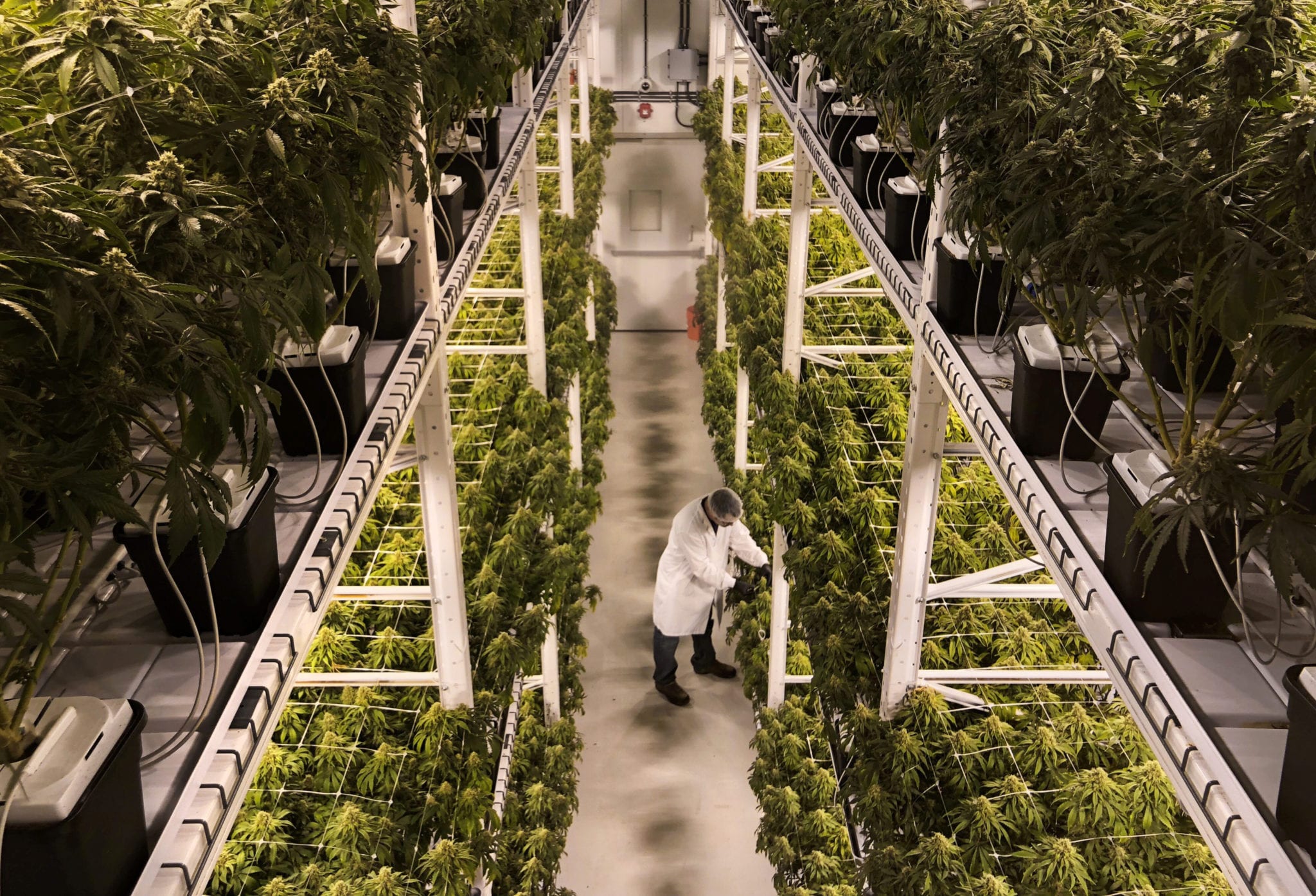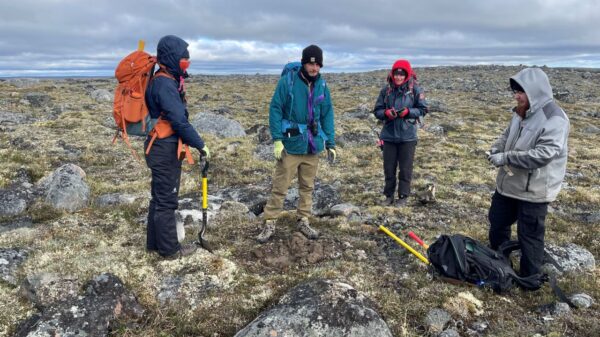As legal cannabis markets continue to expand rapidly across the globe, Canada is uniquely positioned to develop international safety guidelines for the emerging industry.
On Tuesday, safety science consultant firm UL said it has teamed up with the Standards Council of Canada to host a workshop to address the safety, security and sustainability of the global legal weed industry.
The workshop will kick off in November and cover three distinct areas:
- safety of cannabis facilities, equipment and oil extraction operations
- secure handling of cannabis facilities, operations and transportation
- good production practices guide for cannabis businesses
UL said the goal of the workshop is to publish guidelines to submit to International Organization for Standardization as seed documents for the creation of a ISO global cannabis committee. The ISO committee would then coordinate with regulators, governments and industry stakeholders around the world to ensure the global standards are being met.
“Canada’s experience in addressing the unique considerations in cannabis production has led to a call by industry and regulators to ensure that best practices are leveraged to reduce health and safety risks to employees, emergency responders and the general public,” SCC CEO Chantal Guay said in a statement. “SCC is proud to partner with UL to facilitate this international discussion at ISO and to develop guidance for the benefit of the global market.”
According to UL’s website, the workshop will carry on into next year with June 20, 2021, as the target date to publish the initial standardization documents.
SCC & UL are partnering up to lead a workshop on safe #cannabis production! It starts Nov. 2020 and will cover #safety, handling & good practices. Its goal is to establish guidelines for the creation of an #ISO Technical Committee on Cannabis. https://t.co/DBiDL05jgF#standards
— Standards Council of Canada (@StandardsCanada) August 4, 2020
Potentially dangerous additive found in legal vapes bolsters case for strong safety guidelines
UL Canada general manager Joseph Hosey said the global weed industry needs a replicable model such as Canada’s in order to successfully protect employees, facilities and consumers.
“We’ve spoken with key players who are building premium brands and the safety and security of their operations is paramount,” he said in the statement.
Before Canada legalized recreational weed in October 2018, the federal government took over a year to develop a strict legal framework — the Cannabis Act — to tightly control the production, distribution, sale and possession of the plant across the country.
The three main stated goals of the Act are: keep cannabis out of the hands of youth; keep profits out of the pockets of criminals; and protect public health and safety by allowing adults access to legal product.
While a ban on marketing cannabis and other strict controls have been criticized by the industry, it appears Canada’s stern approach may be justifiable after all.
Read more: Trailer Park Boys weed hits legal market, raising questions about legal promotion

Even in Canada’s tightly regulated cannabis market, new reports suggest more controls are needed for THC vape products. Deposit Photos
According to cannabis news site StratCann, a major weed retail chain is investigating whether an apparently dangerous thinning agent is being widely used in new legal vape cartridges sold in Canada.
An executive at Tokyo Smoke — the retail chain owned and operated by Canopy Growth Corp. (TSX: WEED) — has reportedly sent a email to vape manufacturers requesting they provide written confirmation of the contents in their products.
Tokyo Smoke said they were giving companies 48 hours as of July 31 to respond to the request or face a stop-sale order on their vape cartridges and vape pens.
The retailer is looking to see if vape makers are adding phytol, a natural cannabis terpene that is used as a thinning agent added to pure cannabis oil so it can be properly heated.
However, StratCann reports that when phytol is heated and inhaled in large concentrations the volatile organic compound has known and unknown health risks.
In the email, Tokyo Smoke said it discovered phytol was being used after Canopy conducted a 14-day inhalation toxicology study that has been shared with Health Canada and will be published “in the coming weeks.”
Last fall, an outbreak of deadly vaping-related lung injuries in the U.S. led to calls for federal cannabis legalization so that products could be tested and regulated.
The U.S. Centers for Disease Control reported in January that majority of patients got sick after using illicit-market THC oil that contained vitamin E acetate — a thinning additive found in numerous underground products.
Read more: Illicit THC vapes main cause of EVALI lung illness: CDC
Read more: US cannabis industry calls for legalization to stamp out illegal vapes
Top image via Organigram
jared@mugglehead.com
@JaredGnam















Clayton McCann
August 16, 2020 at 9:40 am
And yet, we still have no clear directives on “next gen” usage for cannabis. For example, cannabis grown in a Niagara greenhouse will likely be treated with a product containing abamectin, a product intended for ornamental flowers, and permitted as an ingredient in “PCP’s” (Pest Control Products allowed by Health Canada). So far, so good. But then the cannabis in question is diverted to a value-added production context, and used in “edibles.” Not so good. While abamectin MAY be okay in a product that will be consumed via combusion (it likely isn’t), it is not intended, by its very EPA description, for human ingestion. So now, some unlucky MJ consumer is eating abamectin. And this is NOT a consideration under Health Canada’s “Final Regulations: Edible cannabis, cannabis extracts, cannabis topicals” (2019 12 12), indeed, several FOI requests concerning this matter, made to HC, have now extended beyond the one (1) year mark with zero response.